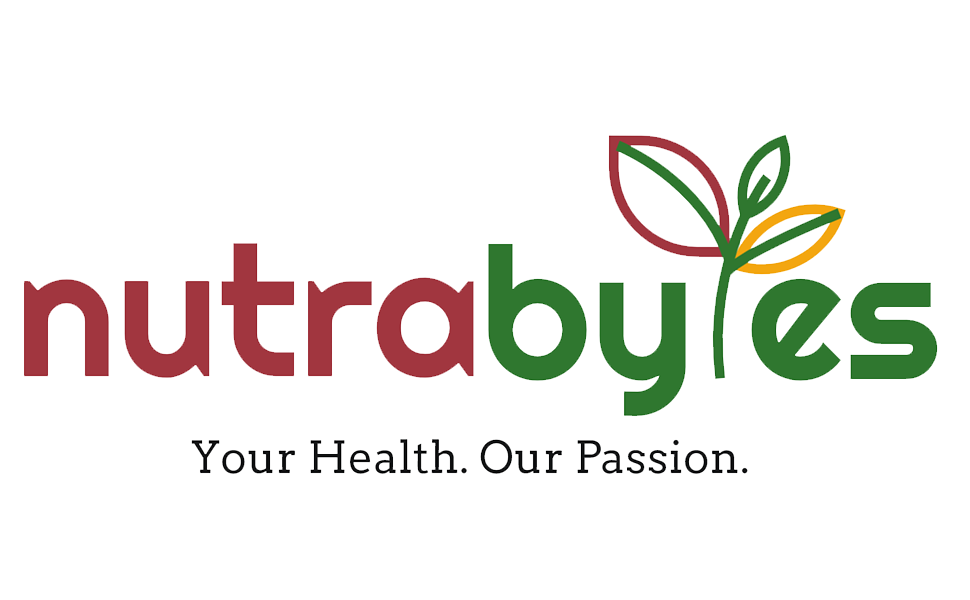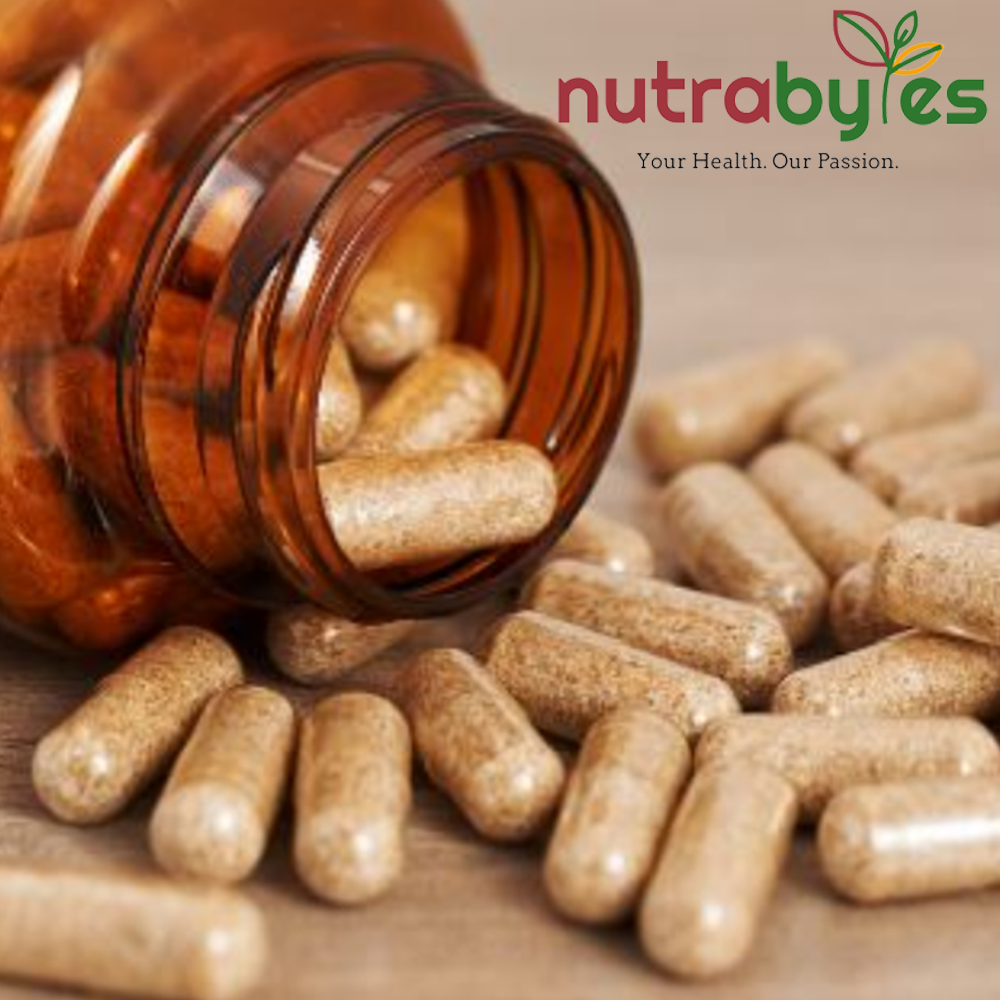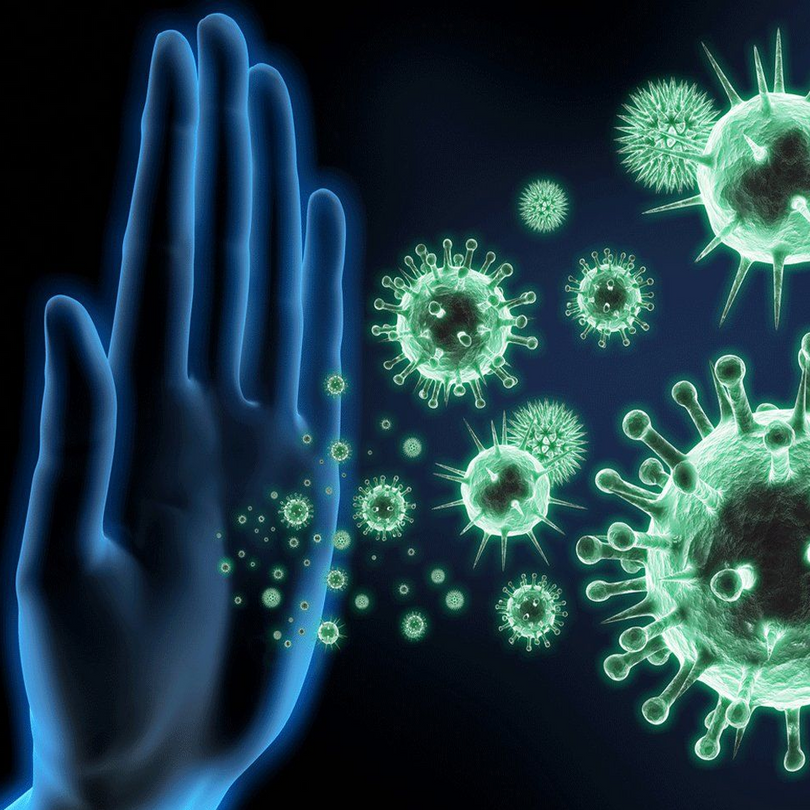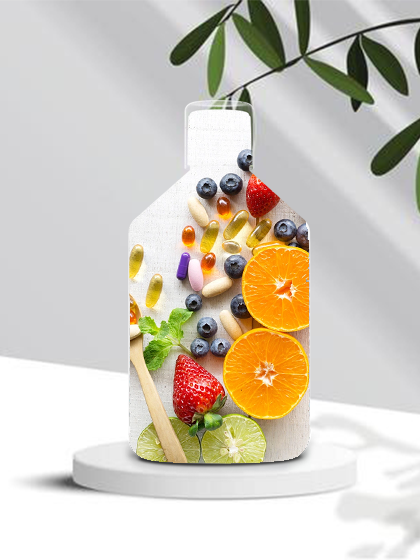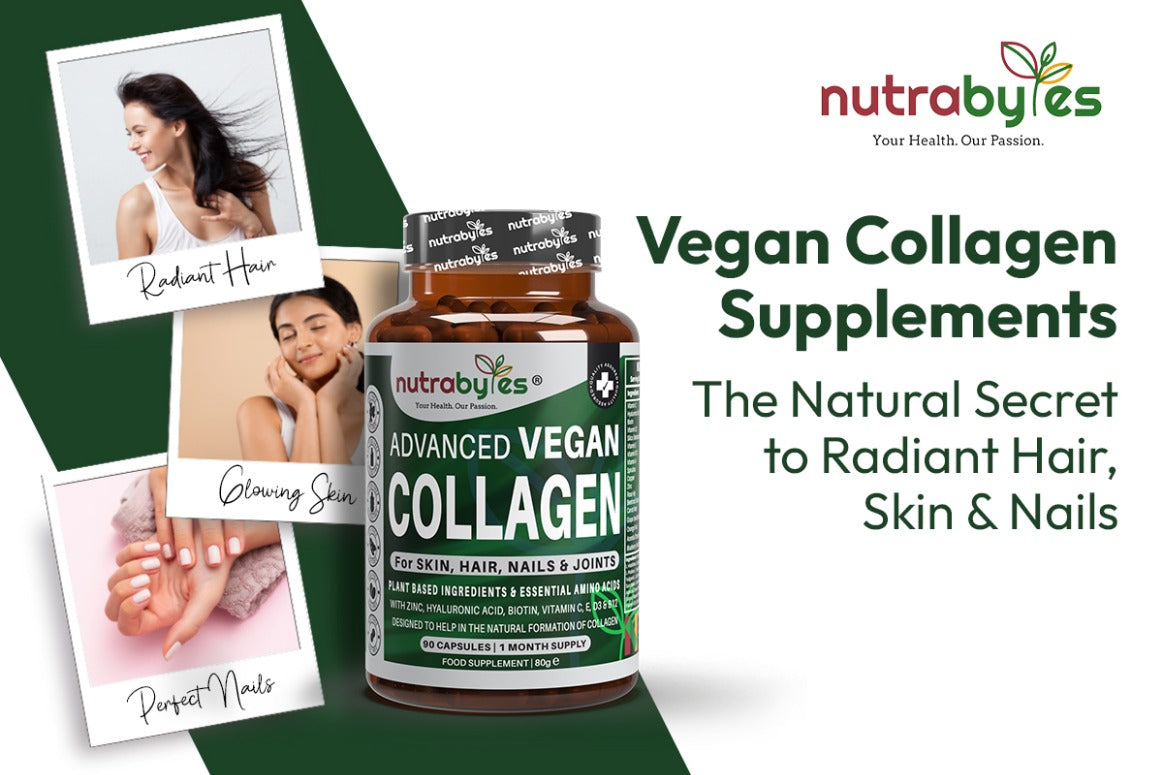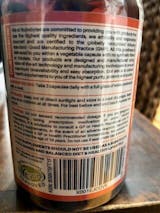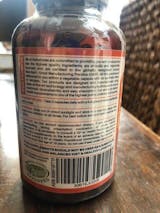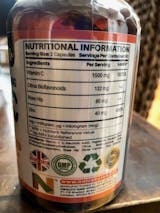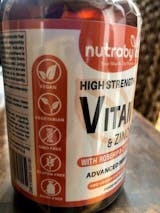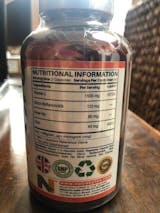How Marine Collagen Supplements Benefit Skin Health
Your skin has two main layers. The epidermis is the upper layer, and lying just under it, is the dermis. The epidermis mostly acts as a tough, protective barrier, while the dermis consists of collagen, elastin, and glycosaminoglycans, compounds that give skin its structure, elasticity, and hydration.
Most of the signs of ageing manifest on the skin. Pigmentation, loss of elasticity, wrinkles, fine lines, and sagging skin are some common indicators of biological ageing. Though wrinkles and fine lines may be visible on the epidermis, their cause lies much deeper, rooted in the collagen of the dermis.
95% of the human dermis is made up of collagen. So you can guess how important it is to maintain healthy collagen levels for healthy, youthful-looking skin. The quality of one’s skin and its ability to age slowly vastly depend on the presence and levels of collagen.
By our mid-20s, we start to lose collagen at around 1% each year, meaning by the time you reach your 50s, around half your collagen reserves would have depleted. Taking collagen supplements may help to stimulate collagen production and provide your body with the raw materials needed to produce this protein abundant in the skin.
Discover Exactly How Collagen Powers Your Skin
-
Elasticity
The elasticity of skin refers to its ability to regain its original shape after having been stretched or deformed. Loss of this elasticity (elastosis) occurs during ageing. You’ll notice this in sagging or leathery skin around your eyelids, mouth, and neck. Sometimes, even long-term exposure to the sun causes elastosis.
Collagen is what makes your skin elastic and supple. Its high-tensile strength and minimal extensibility contribute to normal skin elasticity. Type 1 and Type 3 collagens provide skin with its elastic properties.
Type 1 collagen gives skin its stress-bearing capabilities because of its unique structure. Type 3 collagen, too, plays a role in tissue extensibility and elasticity, again, because of its unique structure. Both types of collagen are prominent in our marine collagen supplements.
-
Structure and Strength
Collagen is a very stable protein, and its stability comes from its cohesive molecular structure maintained mostly by the key component, hydroxyproline. The triple helical structure of collagen is a prominent reason why collagen behaves as biological “scaffolding”.
Collagen is often likened to steel. In fact, pound for pound, Type I collagen has a tensile strength similar to steel, but with much more flexibility! If there’s anything propping your skin up, giving it the structure and strength, it is collagen.
-
Hydration
As you age, your skin gets drier, partly due to a thinning epidermis. Skin regeneration slows down, and transepidermal water loss increases because of a weakening protective barrier, causing dry skin.
It’s the hydroxyproline in collagen that gives it its moisture-holding properties. The triple-helix structure of collagen binds water molecules to it. They are key factors behind collagen’s moisture-retaining properties.
Taking collagen supplements means that the collagen peptides provide the amino acids for the production of hyaluronic acid, a molecule which can hold up to 1,000 times its weight in water.
-
Wound Healing
Collagen is also believed to stimulate quicker wound healing. The body starts off by creating Type 3 collagen, which is replaced by the stronger Type 1 collagen later. In fact, nowadays, collagen is used in medical-grade collagen dressings that are prized for their anti-inflammatory properties.
So What Makes Marine Collagen Stand Out for Skin Health?
-
High Bioavailability
Marine collagen is highly bioavailable. Hydrolysed marine collagen peptides are much smaller in size. Most manufacturers create premium marine collagen products of molecular weights less than 5000 Da. It means the hydrolysed marine collagen is easily absorbed into the bloodstream and it’s available for use almost anywhere in the body.
-
Type 1 Collagen
Pure marine collagen is a top source of Type 1 collagen. Type 1 collagen is the most abundant collagen sub-category found in the body and is needed predominantly for healthy skin. That’s not to say Type 3 collagen isn’t necessary, it has its uses and benefits, but Type 1 collagen is key for skin health.
Top Benefits of Taking Marine Collagen Supplements for Skin
-
Stimulates Collagen Production By Fibroblasts
Marine collagen supplements give your body the building blocks (amino acids) it needs to boost collagen production. Once the digested amino acids from the marine collagen peptides enter the bloodstream, they are available to stimulate the fibroblast cells in the skin to start ramping up collagen production.
-
Provides the Necessary Amino Acids
Marine collagen peptides are rich in all 19 amino acids except tryptophan. They provide the amino acid soup necessary to build up the collagen fibrils. When marine collagen peptides are taken with collagen boosting vitamins like Vitamin C, they are often more effective.
So, Which Marine Collagen Supplement Should I Take Now?
We’ve got some best selling marine collagen supplements that you can start off with. They are easy to take and really convenient to incorporate into your lifestyle.
|
Product Name |
Form |
Key Ingredients |
Benefits |
|
Premium Marine Collagen Protein Powder 10,000mg |
Powder |
- 10,000 mg Hydrolysed Marine Collagen (Types I & III) - 19 Amino Acids |
- Supports skin elasticity and hydration - Promotes healthy hair and nails |
|
Advanced Marine Collagen 10,000mg |
Liquid |
- 10,000 mg Hydrolysed Marine Collagen (Types I & III) - Hyaluronic Acid - Biotin - Silica - Vitamin C, D3 - Aloe Vera - 18 Amino Acids |
- Enhances skin hydration - Strengthens hair and nails |
|
Marine Collagen Complex 2400mg |
Capsules |
- 2,400 mg Hydrolysed Marine Collagen - Hyaluronic Acid - Biotin - Silica - Vitamin C, D3, B6, B12 - Green Tea & Grape Seed Extract - Aloe Vera |
- Promotes youthful skin - Supports nail & hair strength |
Wrapping Up
Marine collagen supplements offer powerful support for skin health.
Boosting hydration, elasticity, and repair, these premium marine collagen supplements may help reduce the visible signs of ageing.
Choose our high-quality marine collagen products, it could become the one bold step you take toward radiant, healthier-looking skin.
Frequently Asked Questions
1. What is marine collagen?
Collagen made from fish sources is called marine collagen. It is rich in Type I collagen, key for skin, hair, and nails.
2. How does collagen help skin?
Marine collagen supplements may boost skin’s elasticity, hydration, and reduce wrinkles.
3. When will I see results?
You should usually see some changes after 6 months of regular use.
4. Does collagen help dry or ageing skin?
Yes, it improves skin moisture and firmness because it supports the production of hyaluronic acid.
5. Can I take collagen supplements daily?
Yes, it’s safe, if taken as directed. Consult with your GP before starting any supplements.
6. Can I use it with other products?
Yes, use marine collagen supplements with vitamin C or hyaluronic acid for better effects.
7. When should I start taking collagen supplements?
Start from your mid-to-late 20s, when collagen starts to decline.
8. Are there any side effects of marine collagen?
Side-effects are rare, but avoid the product if you’re allergic to fish.
9. How do I take marine collagen?
You should take it daily in powder, liquid, or capsule form, preferably on an empty stomach.
References
-
Patino, Maria G. DDS, MS*; Neiders, Mirdza E. DDS, MS**; Andreana, Sebastiano DDS, MS***; Noble, Bernice PhD†; Cohen, Robert E. DDS, PhD‡. Collagen: An Overview. Implant Dentistry 11(3):p 280-285, September 2002.
-
León-López, A., Morales-Peñaloza, A., Martínez-Juárez, V. M., Vargas-Torres, A., Zeugolis, D. I., & Aguirre-Álvarez, G. (2019). Hydrolyzed Collagen-Sources and Applications. Molecules (Basel, Switzerland), 24(22), 4031. https://doi.org/10.3390/molecules24224031
-
https://www.healthline.com/health/beauty-skin-care/skin-elasticity#takeaway
-
Pu, S. Y., Huang, Y. L., Pu, C. M., Kang, Y. N., Hoang, K. D., Chen, K. H., & Chen, C. (2023). Effects of Oral Collagen for Skin Anti-Aging: A Systematic Review and Meta-Analysis. Nutrients, 15(9), 2080. https://doi.org/10.3390/nu15092080
https://www.uclahealth.org/news/article/should-you-take-collagen-supplements
